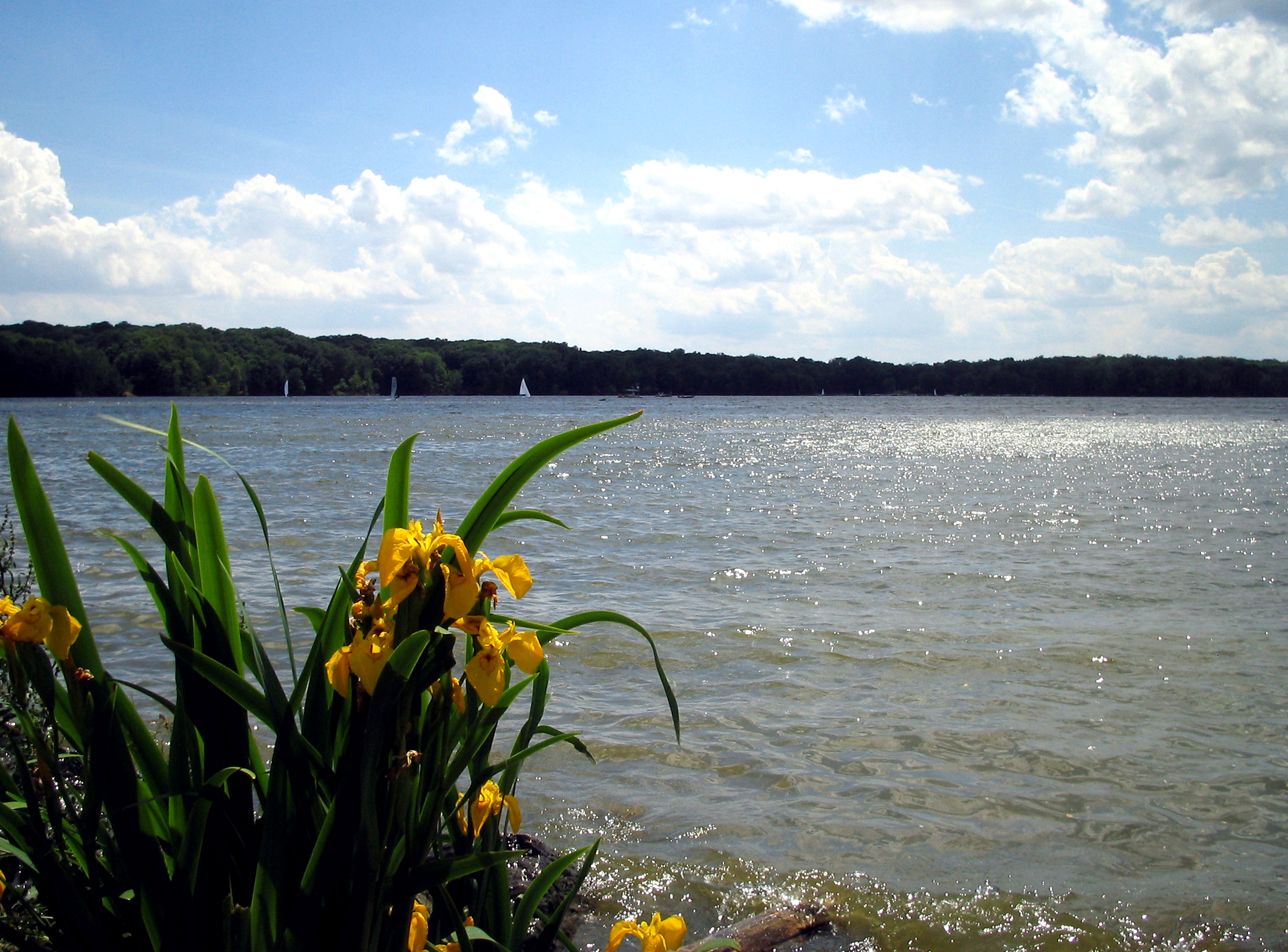I’ve been thinking a lot about how to record information about an image’s license, attribution, etc. In the past, I have used not-very-efficient techniques such as recording this info separately in a text file and sometimes trying to include it in the file name.
A friend recently recommended storing this in the Properties Summary. (Right-click an image; choose properties; click Summary tab and Simple.) What a simple and useful idea. I am going to start recording the following (slightly modified from CC suggestions; see below):
- License: [include license and license URL]
- Attribution URL:
- Attribution name:
Here’s an example. (You can download it to view the properties.)

That reminded me that I’d heard that Creative Commons suggests a standard for metadata. They suggest something called XMP — Extensible Metadata Platform. In reading more about this, it appears that you need special tools, both to create and to read this. (I’m not entirely clear on this though; I spent almost an hour looking for an example image and couldn’t find one. If anyone knows of one, please post a link.) Possibly not very feasible for the “mass” audience. The good news is that doing this makes content machine-searchable as open content.
For now, I think I’m going to stick with using properties for this.
What other ideas do you have?

